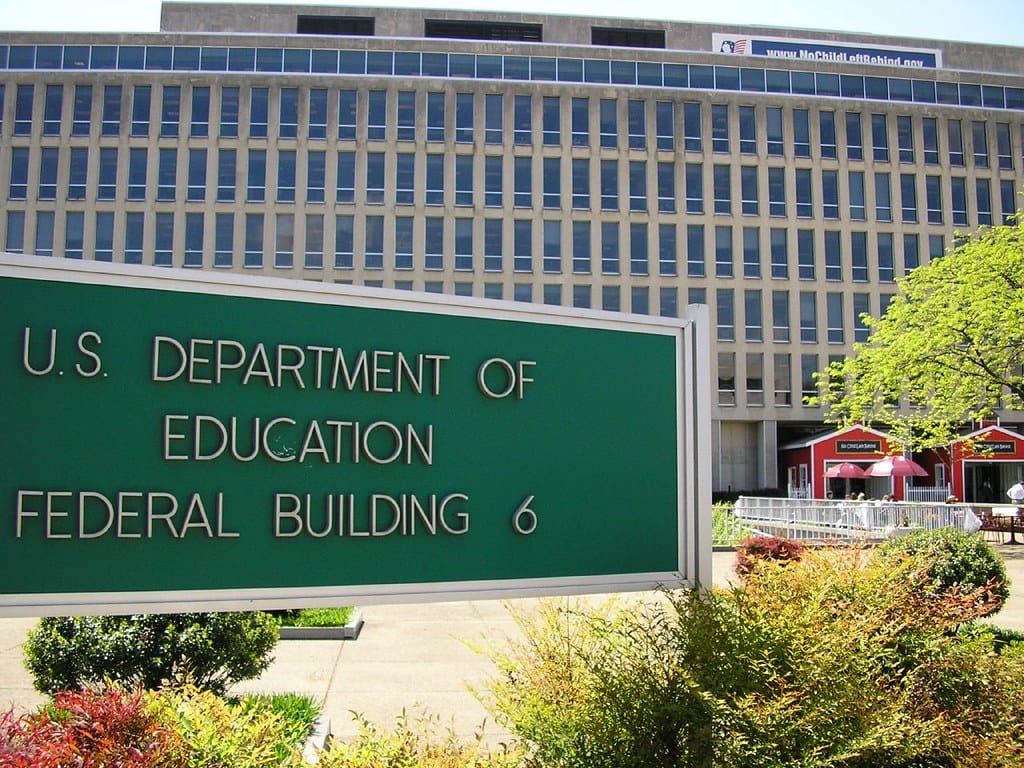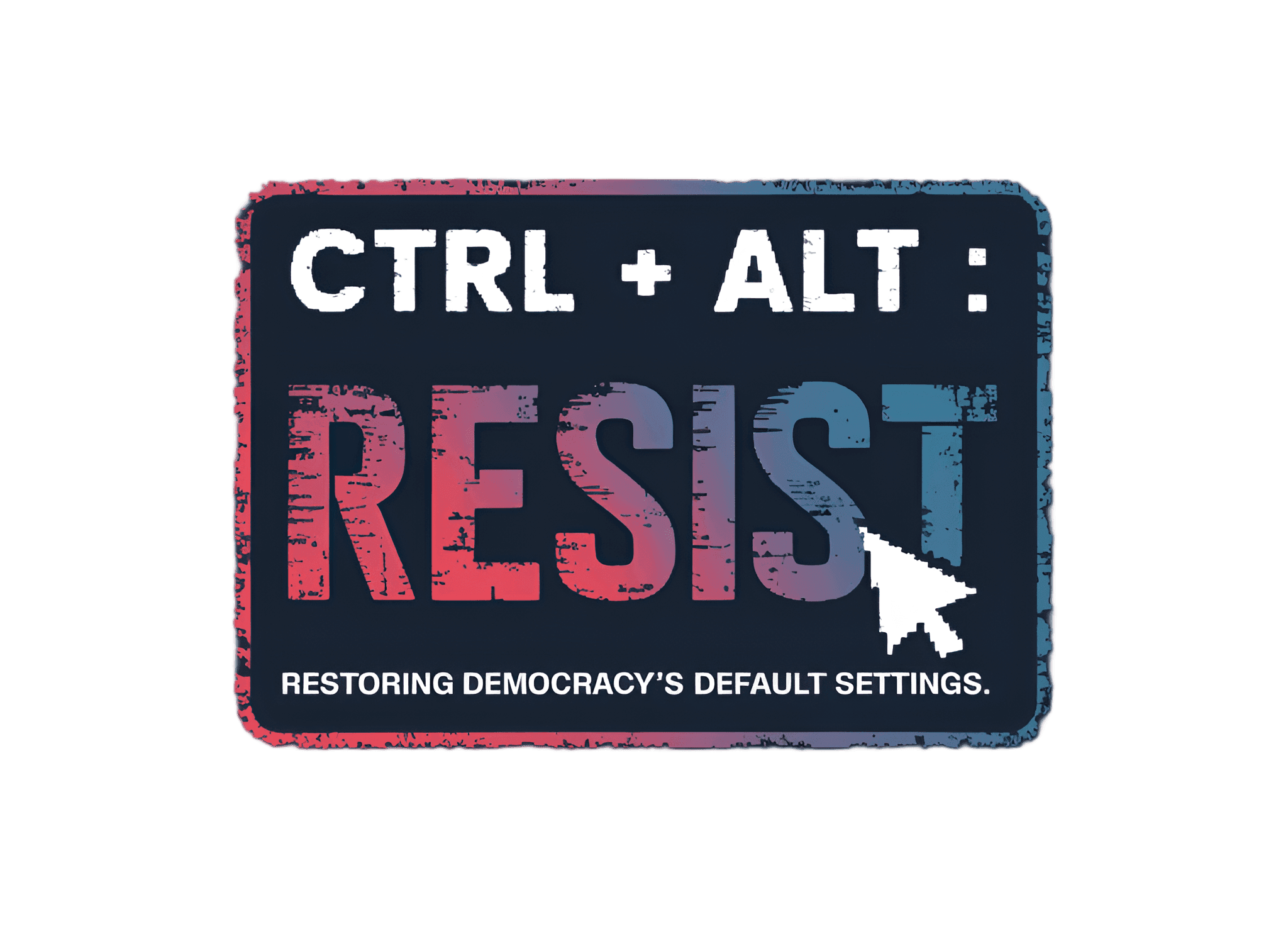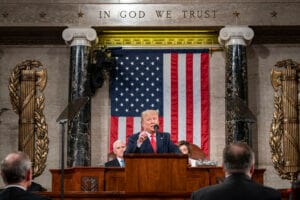
White House Confirms Plan to Close Department of Education
President Donald Trump is preparing to sign an executive order directing the dismantling of the U.S. Department of Education, a White House official confirmed Wednesday. The move, which aims to transfer educational authority back to individual states, aligns with Trump’s longstanding pledge to shrink the federal government’s role in education. However, fully eliminating the department will require congressional approval.
The forthcoming executive order would instruct Education Secretary Linda McMahon to “take all necessary steps to facilitate the closure of the Department of Education and return education authority to the states while continuing to ensure the effective and uninterrupted delivery of services, programs, and benefits on which Americans rely.” The White House has not yet provided a timeline for implementation.
Federal Education Role at Stake
Since its establishment in 1979, the Department of Education has played a pivotal role in distributing billions of dollars annually to support K-12 schools and higher education institutions. It also manages a $1.6 trillion student loan portfolio and oversees civil rights enforcement in education. Federal funding makes up roughly 14% of public school budgets, supporting programs such as Title I for low-income schools and McKinney-Vento assistance for homeless students.
The proposal has sparked fierce debate, with conservative lawmakers and parental rights groups celebrating the potential rollback of federal oversight in schools. “States should decide how to educate their children, not Washington bureaucrats,” said Rep. Jim Banks (R-IN), who has introduced previous bills advocating for the department’s dissolution.
Opposition and Legal Hurdles
Critics warn that dismantling the department could undermine crucial programs that benefit millions of students. Randi Weingarten, president of the American Federation of Teachers, called the plan “an outright attack on public education,” warning that eliminating federal oversight could weaken protections against discrimination based on race, gender, and disability.
Legal experts also caution that a full shutdown would be difficult without congressional action. “Trump can certainly weaken the department through executive action, but completely dissolving it requires legislative approval,” said David Super, a professor at Georgetown Law. A previous attempt to close the agency in 2023 failed in the House, with 60 Republicans joining Democrats in opposition.
What Happens Next?
While the White House has yet to announce a signing date, Trump’s push to eliminate the Department of Education is expected to become a flashpoint in the 2024 presidential campaign. Congressional Republicans are divided on the issue, with some advocating for reforms instead of full closure. If signed, the executive order would initiate a lengthy legal and political battle over the future of federal education oversight.
What are your thoughts on this issue? Join the conversation below.



